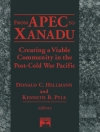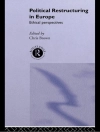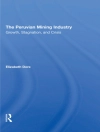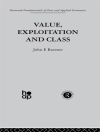Mainstream nationalist narratives and political movements have dominated the Israeli-Palestinian situation for too long. In this much-needed book, Ran Greenstein challenges this hegemony by focusing on four different, but at the same time connected, attempts which stood up to Zionist dominance and the settlement project before and after 1948.
Greenstein begins by addressing the role of the Palestinian Communist Party, and then the bi-nationalist movement, before moving on to the period after 1948 when Palestinian attempts to challenge their unjust conditions of marginalisation became more frequent. Finally, he confronts the radical anti-Zionist Matzpen group, which operated from the early 1960s-80s.
In addition to analyses of the shifting positions of these movements, Greenstein examines perspectives regarding a set of conceptual issues: colonialism and settlement, race/ethnicity and class, and questions of identity, rights and power, and how, such as in the case of South Africa, these relations should be seen as global.
Tabela de Conteúdo
Preface
1. The Bi-nationalist Perspective during the British Mandate, 1917–48
2. The Palestinian Communist Party, 1919–48
3. Palestinian Nationalism and the Anti-Colonial Struggle
4. Matzpen: The Anti-Zionist Left in Israel/Palestine
5. Conclusions
Notes
Index
Sobre o autor
Ran Greenstein is Associate Professor at the University of the Witwatersrand, South Africa. He is author of Zionism and its Discontents: A Century of Radical Dissent in Israel/Palestine (Pluto, 2014).












